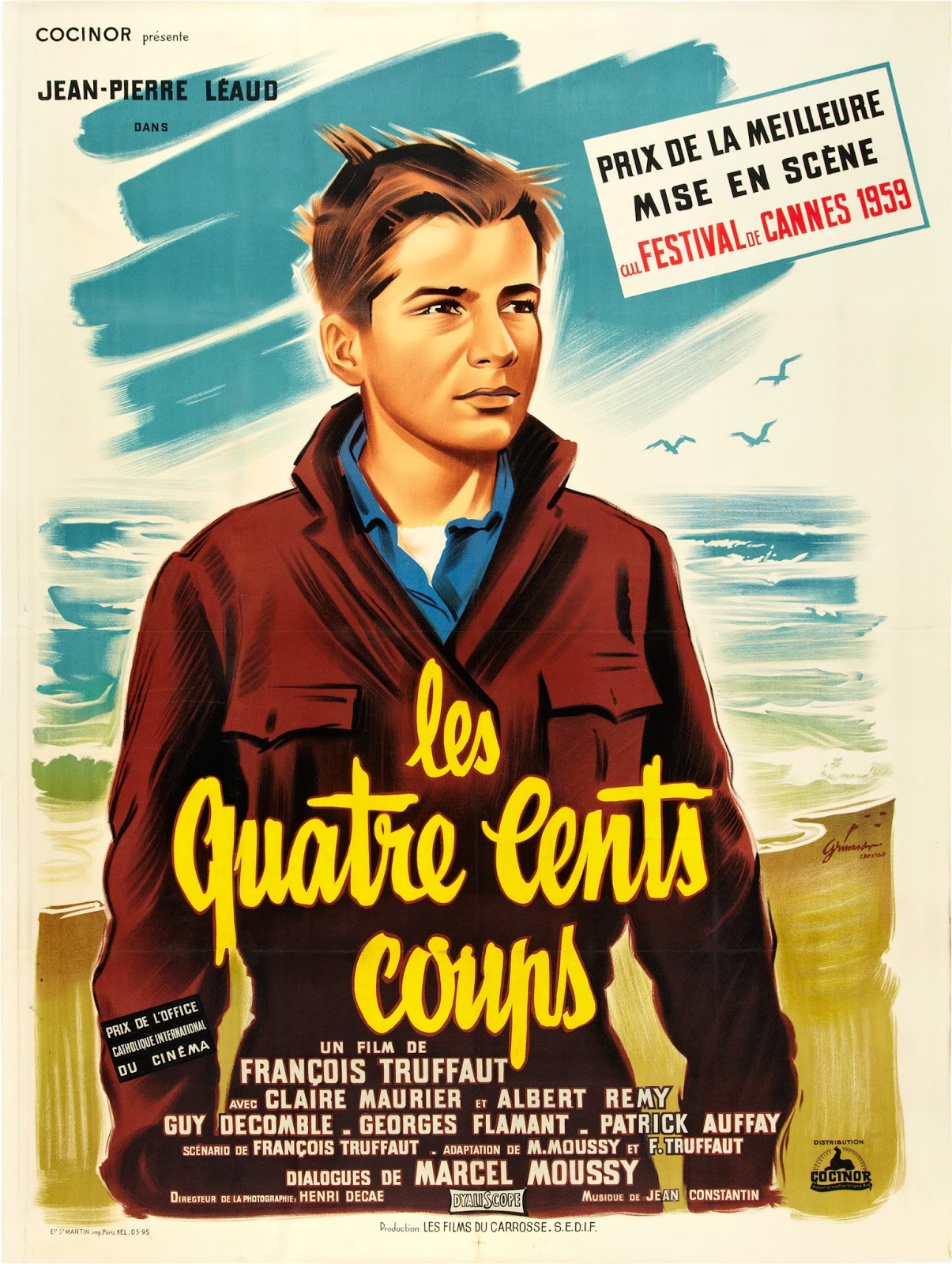One wouldn’t expect that most modern-day elements of cinema were not from classic Hollywood films. They came from a French movement of ambiguous endings and visual transitions that challenged the norms of cinema.
The Winthrop fine arts and world culture and languages departments in partnership with the Art History Student Association is currently hosting a film festival with a focus on French films. The film festival is hosted on every Tuesday night at 7 p.m. in Rutledge 119 from Sept. 3 to Oct. 8. With the festival already showing the films “Marius” and “The 400 Blows,” there are still more opportunities for students to attend. Art history professor Alice Burmeister and French professor Anna Igou explained that the festival was a great way for students to get cultural credit, all while watching movies.
“[The goal of this film festival is] to screen a selection of classic French films, at once providing enriching opportunities to students for global cultural event credit and exposing members of the Winthrop community to great works they might not otherwise encounter, and particularly not on the big screen,” said Burmeister.
Burmeister and Igou co-taught a course in Spring 2019 called Women of the French New Wave. They decided to collaborate on the festival by meeting to select the films and recruiting students and faculty from their respective departments to present the films and facilitate discussion on them.
“These films touch on a wide range of universal themes – love and desire, coming of age, and the complexities of finding meaningful human connection in the modern world, for example. Each of the films is relatable to our everyday lives in some way,” said Burmeister.
The films selected range from the French New Wave movement of the late 1950s to the late 1960s, to modern movies like the 2001 film “Amelie” and the 2017 film “Faces Places.”
“Our first film ‘Marius,’ shown on Sept. 3, is a beautiful 1931 film starring the iconic French actor, Raimu. Many students have never watched a film made so long ago, and may believe that a work so seemingly distant in time might be irrelevant to them. But the warmth and intimacy of that film, the strong sense of place it establishes – it is set in Marseille, a great southern French city – and the story it tells of love and sacrifice is poignant and utterly timeless,” said Burmeister.
The 1958 film “The 400 Blows” or “Les 400 Coups” is regarded as one of the best films of the French New Wave movement. It centers around a troublesome youth named Antoine Doinel growing up in Paris with his school life and desires for freedom. Chair of the department of world languages and French professor Scott Shinabarger introduced the film to students, noting how the movie was influential in modern day filming.
“This ground-breaking film established the authority of the director in overseeing all areas of film production. It also helped to bring film-making out of the studio and into the street and countryside, not unlike what the French Impressionists had done for painting, nearly a century earlier, and utilized non-professional actors” said Shinabarger.
“The 400 Blows” was notable for using unknown child actors like Jean-Pierre Léaud, who gave very emotional performances. Some of the characteristics of the new wave included the use of on-location shots, relatable characters and use of experimental camera shots.
“It also highlighted one of the most ambitious tracking shots in film history up to that point; the camera follows the central character as he runs under bridges, along roads, and out onto the beach,” said Shinabarger.
The common theme of these films is that they challenged the traditional movies that America produced during the 1950s or the “Golden Age of Cinema.”
“Many of these films are different in style from typical Hollywood blockbusters, and they may inspire a deeper level of thought and reflection. We hope that students will enjoy being challenged to think of filmmaking in new ways,” said Burmeister.
“Like great works of literature, great films can provide us with a means of venturing outside of ourselves, beyond our everyday lives. They serve as a sort of portal, a window into other places, other people, and other ways of living. They can inspire us, fuel our imaginations, pique our curiosity, and teach us things we could never have learned otherwise,” said Burmeister.
The next movie that will be shown is the 1960 film “Breathless” or “A Bout de Souffle” on Sept. 17, and the 1958 film “My Uncle” or “Mon Oncle” on Sept. 24 in Rutledge Auditorium.




